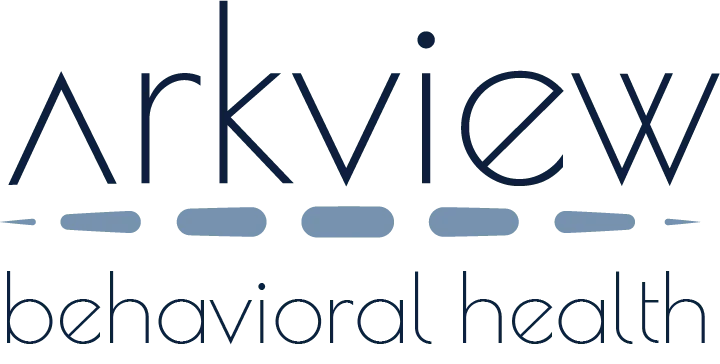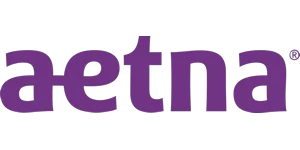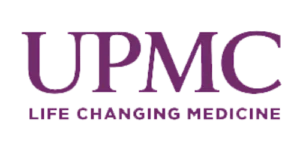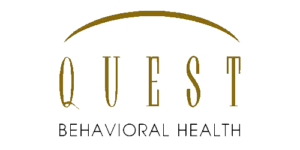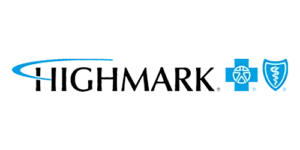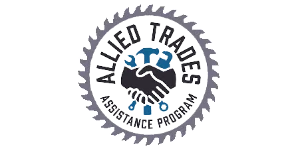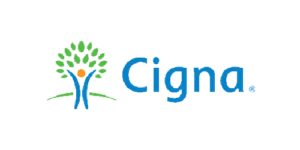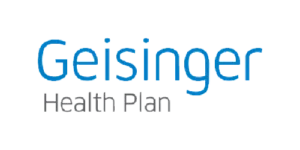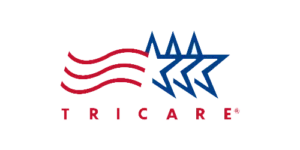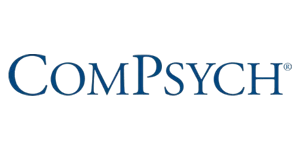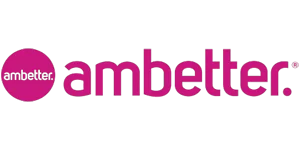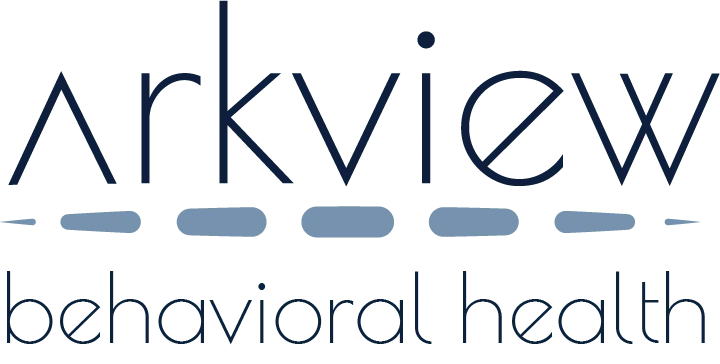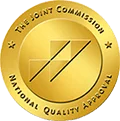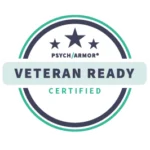During music therapy sessions, clients may create, listen to, or talk about music in order to address physical, emotional, cognitive, or social needs related to recovery. The therapist selects activities based on each person’s treatment goals.
Music therapy is supported by research from organizations such as the National Institutes of Health (NIH) and the National Institute on Drug Abuse (NIDA). According to a 2022 NIH study, music therapy can improve engagement in treatment and help reduce symptoms like anxiety and depression in people recovering from substance use disorders.
At Arkview Behavioral Health, music therapy is integrated with other therapies as part of a holistic approach to recovery. Sessions are planned to help clients build coping skills, express emotions, and connect with others in a safe environment.
How Does Music Therapy Support Substance Use Treatment?
Music activates the brain’s reward system and causes the release of dopamine, which is the same chemical involved in substance use. Unlike drugs, music causes this effect without harm. Research by the National Institutes of Health (NIH) shows that music therapy helps the brain change and adapt, a process called neuroplasticity, which is important for recovery from addiction.
Music offers a way to express feelings that could lead to substance use if kept inside. During music therapy, people can learn skills such as:
- Writing songs or improvising to express difficult emotions
- Using music as a tool to manage cravings and reduce stress
- Increasing self-awareness and learning to regulate emotions
In group music therapy sessions, people make music together and form connections. These sessions encourage trust and empathy, and help reduce the loneliness that is often a part of addiction. Working together in music activities creates a sense of belonging among participants.

Types of Music Therapy Methods in Rehab
In music therapy for addiction recovery, sessions use two main types of methods: active interventions and receptive interventions.
Active Interventions Including Songwriting and Improvisation
Active interventions involve doing something with music. Songwriting is one method where people create lyrics that describe their recovery experiences or feelings. Instrument playing involves learning to play musical instruments, which can be a way to develop new skills and explore emotions. Movement to music combines physical actions, such as dancing or simple movement, with music to support expression.
Receptive Interventions Including Listening and Lyric Analysis
Receptive interventions involve listening to music or thinking about it. Guided listening is a process where a person listens to music in a structured way, often with a goal related to treatment. Lyric analysis is when a person and a therapist discuss the words of a song and what those words might mean for recovery. Music-assisted relaxation involves using music to support relaxation and reduce stress.
These methods are used by trained music therapists as part of addiction treatment programs.
Key Benefits of Music Rehab for Cravings and Relapse Prevention
Music rehab uses music therapy as part of addiction recovery. Music therapy is different from using music in unhealthy ways. In clinical settings, music therapists guide people through specific musical activities that are shown in research to help with cravings and prevent relapse.
Reduced Anxiety and Depression
Music therapy has been studied for its effects on mental health symptoms in people with substance use disorders. In recent studies, music therapy led to a 40% reduction in anxiety symptoms and a 35% improvement in depression scores. These numbers come from research supported by the National Institutes of Health (NIH) in 2022.
- 40% reduction in anxiety symptoms
- 35% improvement in depression scores
Improved Motivation and Treatment Retention
Music therapy can increase the likelihood that people will complete addiction treatment. According to a 2023 study by the National Institute on Drug Abuse (NIDA), treatment programs that included music therapy saw treatment completion rates rise by 20% compared to programs that did not include music therapy. People in these programs tended to stay engaged and motivated during their recovery.
Music therapy provides measurable benefits for people in addiction treatment, especially in reducing mental health symptoms and supporting continued participation in recovery programs.
Limitations and Considerations for Using Music Therapy
Music therapy does not work the same way for every person. Some people may not connect with music-based activities or might feel uncomfortable participating in them. This difference in response is called individual preference.
Music can also remind some people of difficult or upsetting experiences. For these individuals, certain songs or sounds may trigger negative emotions or memories, making music therapy less helpful or even distressing. This is especially important for people who have experienced trauma.
Music therapy is usually used alongside other treatments, such as counseling or medical care. It is not considered a replacement for evidence-based therapies but is often included as one part of a larger treatment plan.
Trained music therapists will talk with each person to learn about their preferences, history, and comfort level. This helps determine if music therapy is a good option for a specific individual.

Evidence for Effectiveness and Research Outcomes
The National Institutes of Health (NIH) and the National Institute on Drug Abuse (NIDA) have published findings on music therapy in addiction treatment. Studies show that music therapy is linked to higher treatment completion rates and lower relapse rates when compared to standard addiction treatment programs. According to a 2023 study by NIDA, 65% of participants who received music therapy completed their treatment programs, compared with only 45% in standard programs without music therapy.
Music therapy has also been studied for its effects on people who have both substance use disorders and mental health conditions, such as depression, anxiety, or post-traumatic stress disorder (PTSD). Research shows that these individuals often experience improvements in mood and better stress management.
The following table shows results comparing standard treatment alone to treatment that includes music therapy:
| Outcome Measure | Standard Treatment Only | Standard Treatment + Music Therapy
|
| Treatment Completion | 45% | 65% |
| Relapse Rates | 40% | 25% |
| Depression Scores | – | 35% improvement |
These outcomes summarize differences between groups based on available research through September 2025.
How to Access Music Therapy and Insurance Coverage Options
Music therapy for addiction recovery is provided by trained professionals called music therapists. These therapists often have a certification called MT-BC, which stands for Music Therapist-Board Certified. The MT-BC credential shows that the therapist has completed specific education and passed a national exam.
People who want to participate in music therapy can look for therapists with the MT-BC credential. Some addiction treatment centers include music therapy as part of their services. Insurance coverage for music therapy is different for each insurance plan. Some insurance plans pay for music therapy, while others do not. It is common for insurance companies to ask if the music therapist is board-certified and if the therapy is part of a treatment plan for a medical condition.
Arkview Behavioral Health provides music therapy as one part of its addiction treatment programs. The organization combines music therapy with other evidence-based therapies to help people recover from substance use disorders. For more details on coverage, people can review their insurance policy or contact their insurance company directly.
Frequently Asked Questions About Music Therapy for Addiction
Musical experience is not required for music therapy to be part of addiction recovery. Music therapists create activities and sessions tailored to each person’s needs and level of comfort, regardless of their musical background.
Clinical music therapy is led by trained professionals who use planned and structured activities to help people reach specific goals related to addiction recovery. Listening to music for relaxation does not involve this structure or the guidance of a music therapist.
The first music therapy session typically includes a conversation about musical preferences, treatment goals, and comfort with various music activities. The music therapist will describe how music therapy will fit into the broader addiction treatment plan.
Music therapy is not a replacement for counseling or medication. It is an additional treatment that works together with other evidence-based therapies, such as counseling and medication-assisted treatment, to support recovery from addiction.
